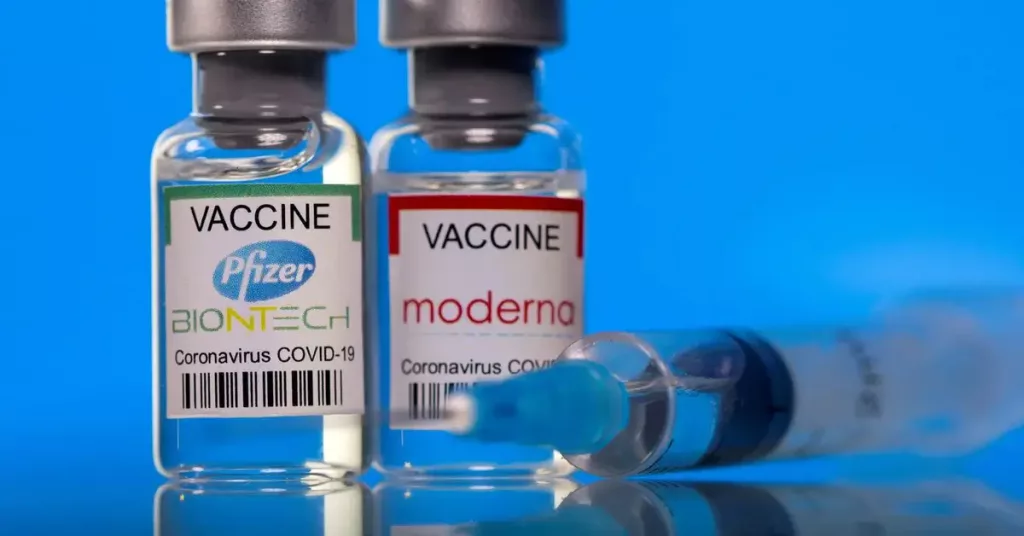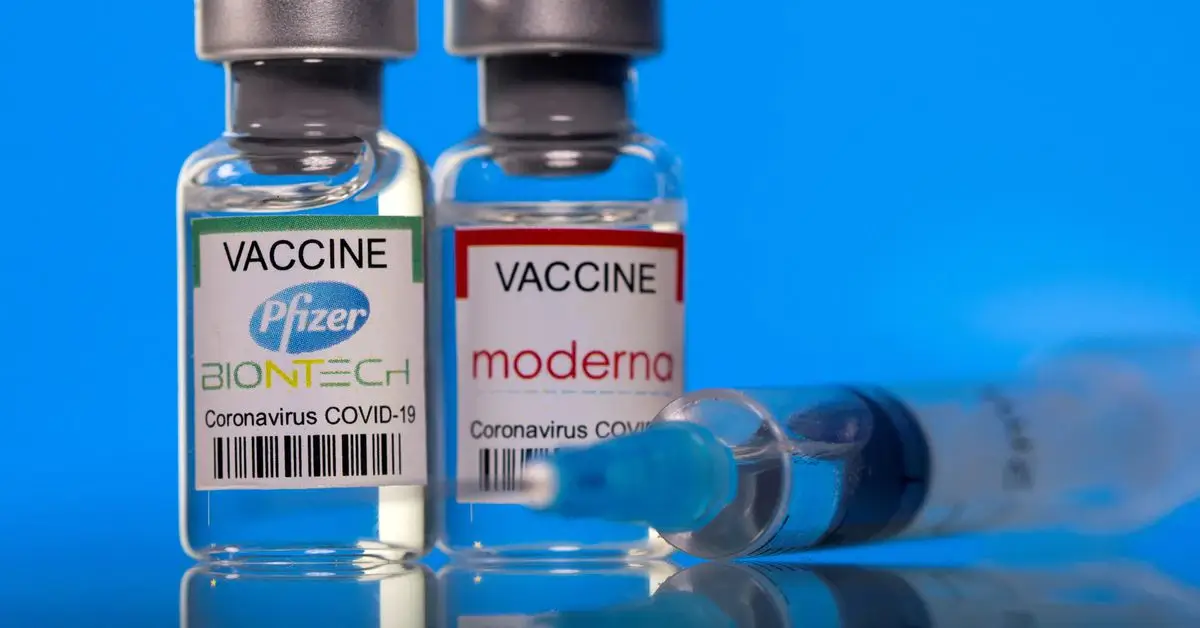The scientists warn cautiously making inferences regarding the vaccinations’ efficacy solely on antibodies counts. They claim that both vaccinations have worked admirably after being administered to millions of individuals across the globe.
The latest findings are just one piece of a much broader puzzle as researchers try to figure out if one vaccination is better for certain groups of people.
An Anti-Pfizer And Anti-Moderna Vaccination Antibody Response Research
The immune reaction induced by the Pfizer and Moderna COVID vaccinations has been quantified in the latest study by the University Of Virginia School Of Medicine.

The results are among the first to compare the antibodies response of the 2 vaccinations side by side. The researchers discovered that antibody titers in Moderna vaccination users are somewhat greater than in Pfizer vaccines. Antibody levels in older participants accounting for the majority of the variance.
As per experts the efficacy of any vaccine may have certain more parameters than what they are measured presently with. The only production of antibodies does not meet the required parameters that can affect one’s health in general and hence it is too early to say which vaccine is better.
However, as far as the effect of both of them on coronavirus is concerned there is no doubt that they are effective and help one keep safe against the infection and hence one must go for any of them without a doubt.
“The thing that will be interesting is figuring out if measuring antibody levels end up being a good marker of vaccine protection,” said UVA immunologist Jeffrey Wilson, MD, Ph.D. “At the moment, we don’t know for sure.”
They did so by examining the blood of 167 UVA workers who had gotten the immunizations. The specimens are taken one week just to 31 days after participants received their 2 doses of immunization.
Despite the fact that the individuals are not allocated randomly, the vaccine used was determined by regional accessibility at the moment of immunization, with 79 getting Pfizer and 88 getting Moderna. In certain circumstances, the scientists were able to get a blood test either prior or following the first dose, early in the second daily dosage.
mRNA is used in both the Pfizer and Moderna vaccines to instruct the immune system how to protect itself against COVID’s spike protein. However, the vaccination compositions differ slightly, with Moderna employing more mRNA than Pfizer. As a result, UVA researchers set out to quantitatively analyze various antibody reactions that resulted.
In general, the scientists determined that after the 2 doses, Moderna generated more autoantibodies than Pfizer: 68.5 micrograms per milliliter (g/mL) for Moderna against 45.9 for Pfizer.
“Ultimately, I think you need to do the hard studies. And the hard studies are looking at clinical outcomes and how they relate to antibody levels,” Wilson said.
The researchers point out that they did not look at “neutralizing” antibodies, which are monoclonal antibodies that prevent the infection from entering the cells. They won’t look at Immune cells or B cells that are equally important participants in the immune system. This will necessitate more in-depth research and more time.
The discoveries, on the other hand, represent an essential data item as scientists and doctors plan for the pandemic’s eventual response. Researchers are now studying the vaccinations’ lengthy efficacy and determining whether supplementary injections may be required, particularly in elderly individuals who may have not elicited as robust an autoimmune reaction as younger people.
Meanwhile, Wilson has supported both Pfizer & Moderna for everyone who has not yet been immunized. Both will significantly lower the chances of major harm or disease. With the number of people infected increasing across the nation, he said, “Please, get your shot.”
